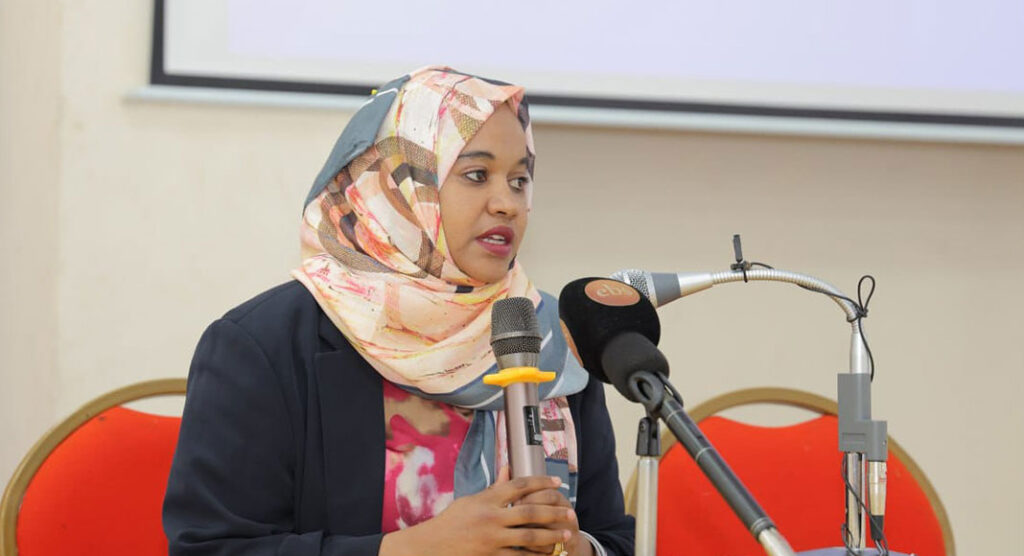The National Fuel Reform Steering Committee has initiated an investigation into the recent surge of applications for gas station permits, despite a ban on new permits put in place four months ago. Many of the applicants are interested in operating in remote, sparsely populated areas, raising suspicion of illicit cross-border fuel trading activities.
Government officials believe that remote gas stations are being used as a front for contraband trade with neighboring countries where fuel prices are lower, such as in Kenya where benzene sells for significantly less than in Ethiopia.
The proposed ‘Petroleum Products Marketing’ Proclamation aims to tighten regulations around the fuel industry by imposing higher standards for acquiring licenses, including larger storage capacities and operating multiple pumping stations.
Existing distributors have raised concerns about the new legislation, citing high investment requirements. However, proponents argue that the fuel business is capital-intensive and needs to meet certain thresholds.
The Ethiopian Standards Institute and the Petroleum Authority have introduced new standards for building pumping stations, with specific requirements for station size and underground storage tanks.
Experts in the industry have pointed out viability issues with the state-controlled trade and criticized the construction of gas stations in areas with low demand for fuel. There are also concerns about illegal fuel trade facilitated by unlicensed retail shops and lax monitoring of fuel distribution.
The ‘Requirements for Liquid Fuel Station Facilities’ include specifications aimed at ensuring quality and safety in fuel distribution. The Proclamation also outlines penalties for crimes related to the petroleum trade, such as smuggling and adulteration of fuel products.
Overall, the government is taking steps to address the issues surrounding fuel distribution and trade to prevent illicit activities and maintain industry standards.
